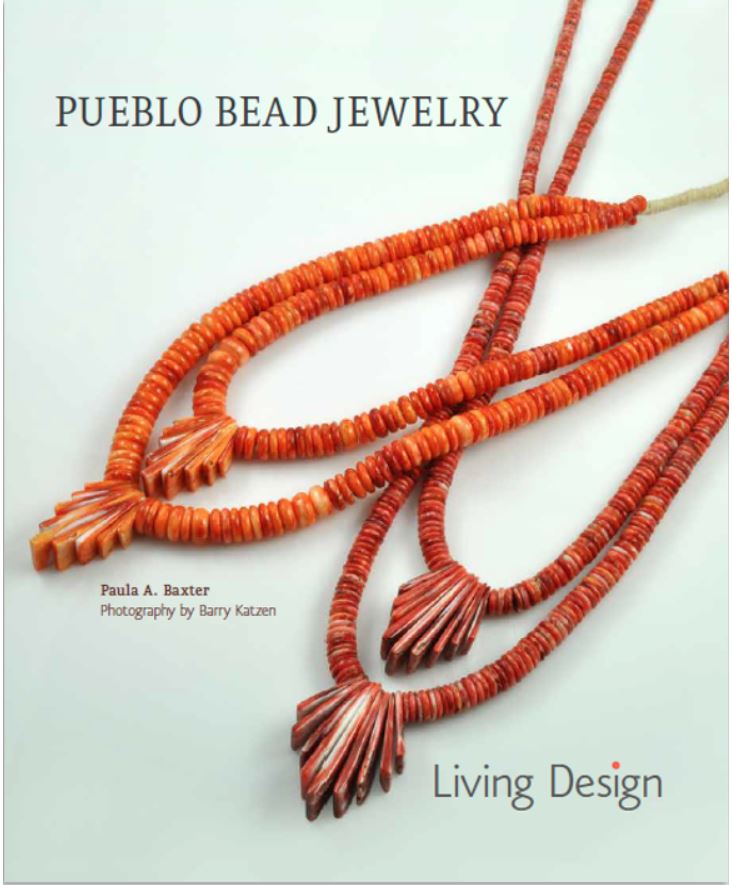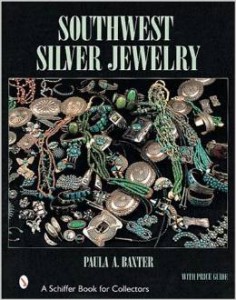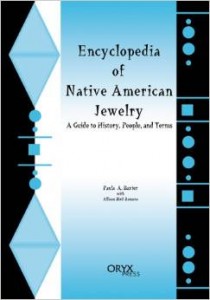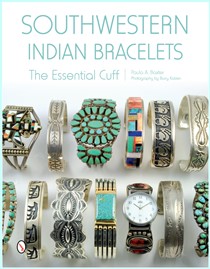Errol came back just as Mandragon finished, clutching two big paper sacks. He spread the takeout onto the dining room table and both men relinquished their instruments to join him. They ate in silence, while Errol made small comments as he worked his way through a steaming burrito. The only drink on offer was a large bottle of soda that Mandragon brought out of the refrigerator.
After dinner, they played some more at Errol’s urging. Soon, however, Manuel felt the fatigue of his hard driving earlier in the day. His host seemed to spot this, too, for he urged Manuel to go get some rest at the hotel. Errol volunteered to accompany him there since it was dark and when Manuel saw that his father made no objection, he agreed to the boy’s escort.
Out on the street, Manuel adjusted himself to the light chill that had descended once the sun was gone. “Your father do any recording in the last few years?” he asked Errol.
“Nope. Dad says he lost all his L.A. connections. His band had two managers, one after the other. One of them died from an overdose, I don’t know what happened with the second guy.”
Gone on to more sure things like his own agent, Manuel thought wryly. Except Dan hadn’t said outright he was dumping him. Yet. Manuel knew that what he did in the following weeks and months would determine his success or failure in that respect. Dan had sent him back to his roots to recharge—or unwind.
They parted when they reached the hotel lobby. The place was handsome and smelt of Route 66 nostalgia. Casually dressed tourists came laughing out of the lounge. Manuel took a hard look inside the bar, feeling the tug of liquor on his tongue and the warm glow it could provide. But then he walked on, opened his room with the electronic card, and threw his duffle on the bed. He walked out again to fill his ice bucket and retrieve a soda from the vending machine down the hall.
He turned on the television and muted the sound, like so many other travelers he found the colors and movement comforting. It made the room feel less empty. Seating himself on the room’s one armchair, he poured some soda into a paper cup he’d filled with ice. The events of the last six hours seemed oddly surreal, as if he’d strayed into someone else’s life and dreams. But the music had been real, indeed.
Now he let his unfocused mind search for that funny little bell in the back of his head. Manuel had built his career on a handful of solo songs and one album. Every one of them contained the same theme: picking up again after washing out. He’d let the people he’d known in his still young life act as muses, starting with the father who’d never found a bar he didn’t love until he’d reached bottom. His dad had worked hard, struggling for years, but the alcohol had gained enough time to destroy his liver. He’d died before any transplant had become available. In high school, Manuel had adored his math teacher; even when he’d been arrested for shoplifting in a local drug store, Manuel had defended him against a critical community. Mr. Fells had relocated to California and was still one of Manuel’s good friends. His former teacher had joined his uncle in a thriving clinic that treated poor people in East L.A., after training as a paramedic.
There were others. Men and women. People he’d known since high school and college. Some were musicians like Manuel, and in Austin’s open mike music scene, they’d all thrived after detox or rehabilitation of some sort. And now, here in Winslow, after a car breakdown, he’d just discovered another survivor. Mandragon Phipps was in many ways the most colorful example of human rebounding. His Apache culture had learned firsthand how to endure in a world now dominated by white folk; in a world where the conquerors relegated his people to lesser status.
Manuel sighed. He’d come to L.A. filled with idealistic enthusiasm, like so many others. Everyone had warned him how tough the music business would be. But he’d soared high early on, and took continued success for granted. This departure from California was freighted with high stakes. Would he rebound or retrain himself for another occupation? He could teach grade school, run the school’s band, or take in students learning the guitar.
Yet the high clear notes of Mandragon’s flute reechoed in his mind. And now the little bell in his brain asked him this question: Are you ready to wash out? Unconsciously, he sat up in his seat. The answer was there, waiting just behind the bell’s high notes. Manuel went over to his jacket and pulled out the well-worn little address book he carried, even after it had become more fashionable to record all acquaintances on one’s cell phone. He knew a number of fellow musician survivors in Austin. Even one in Albuquerque he could drop in on as he continued to Texas.
The next hour passed like a blur. By the time he put the phone down, he’d talked to at least six guys and one woman friend. The woman had had her own career hassles, rather like Janis Joplin without the notoriety. Manuel fell into the bed and slept like a log until his little plastic alarm clock went off all too early.
He’d emerged from his room ready to check out and eat breakfast when he discovered Errol waiting for him in the lobby. He could tell the boy had been inhaling the excellent scents that drifted from the coffee shop.
“Go get your dad and bring him here,” Manuel said. “Breakfast is on me and I have an idea.” When the kid ran off, he pulled out his phone and punched in a direct dial number. It rang a few times and when it was picked up, Manuel exhaled into the receiver. “Dan! I’m still on the road to Austin but I’ve had the greatest idea. … Still working on it … Yup, involves a revived concept. All new voice … maybe a jam session, too.”
When he finished, he pocketed the phone again and walked into the restaurant. Asking for a booth, Manuel allowed himself one small triumphant grin. His idea would allow him to recharge, rewind, and take charge.
He was going to take the negative in “washed out” and give it a new spin. And he owed it all to breaking down in Winslow, Arizona.
(A new story starts next week.)




